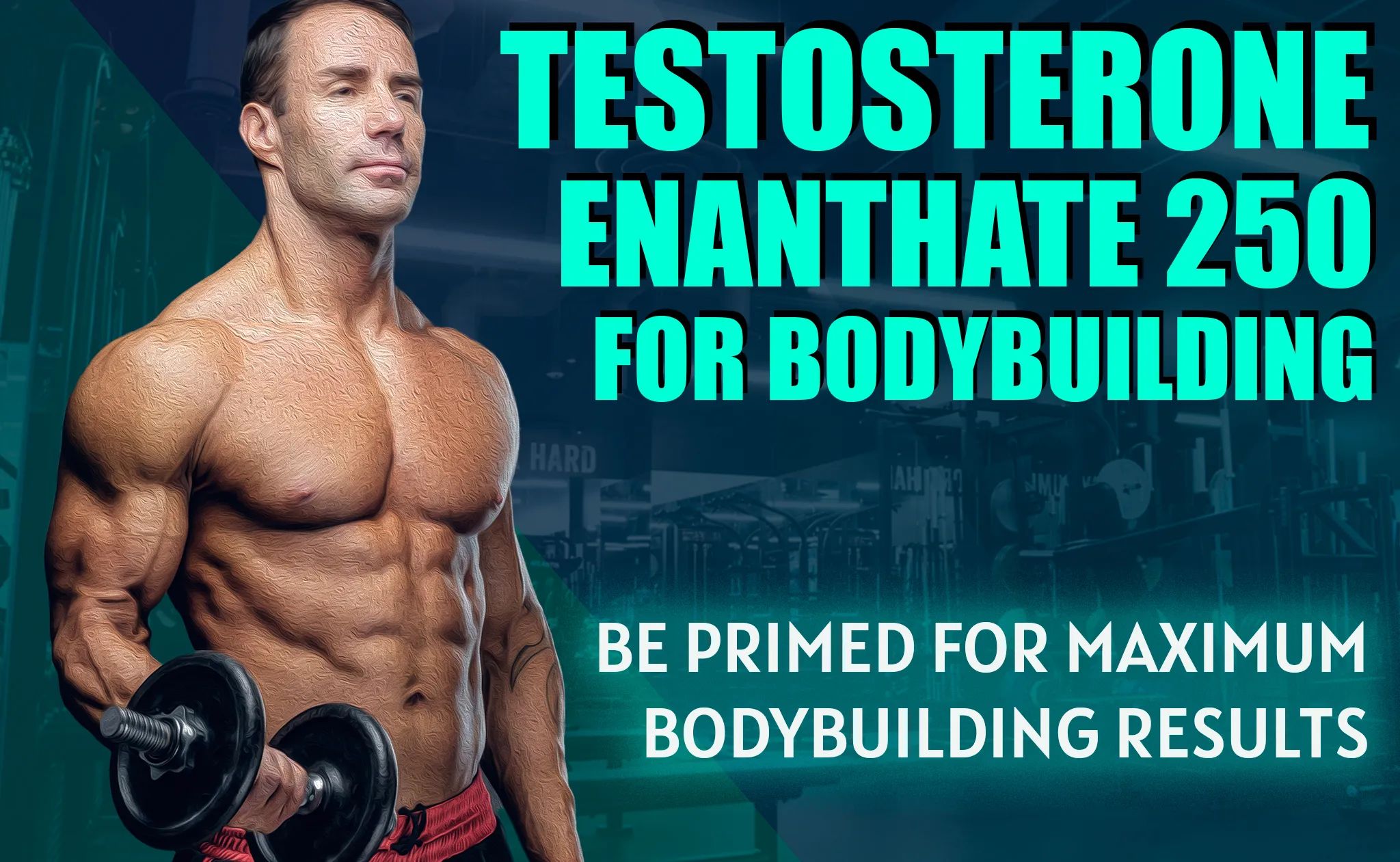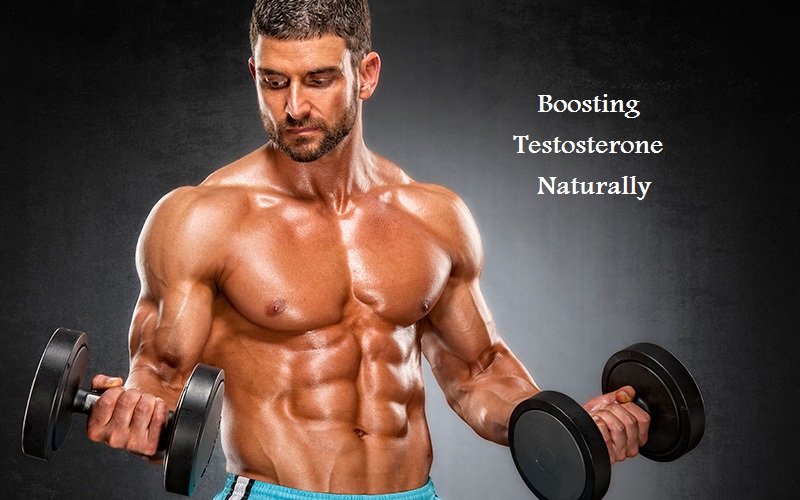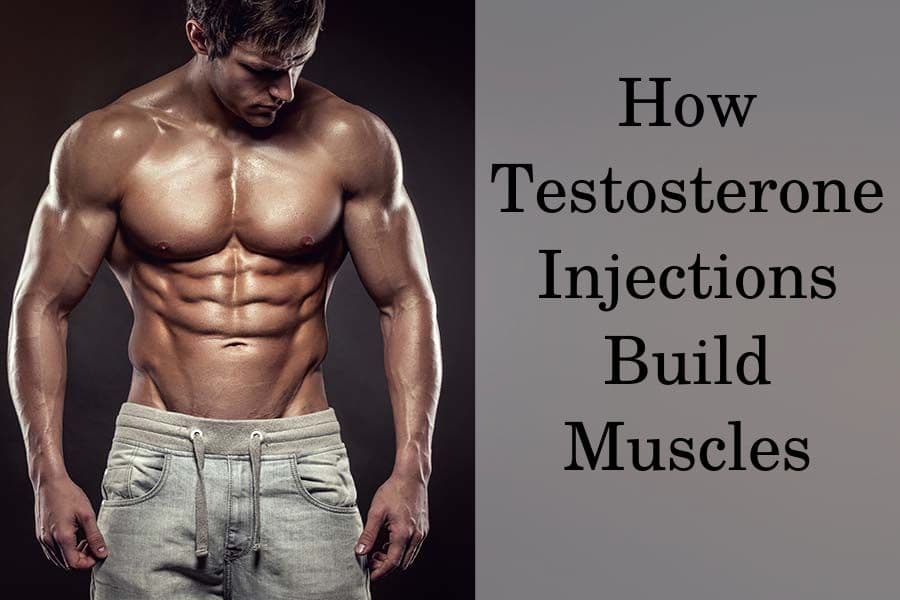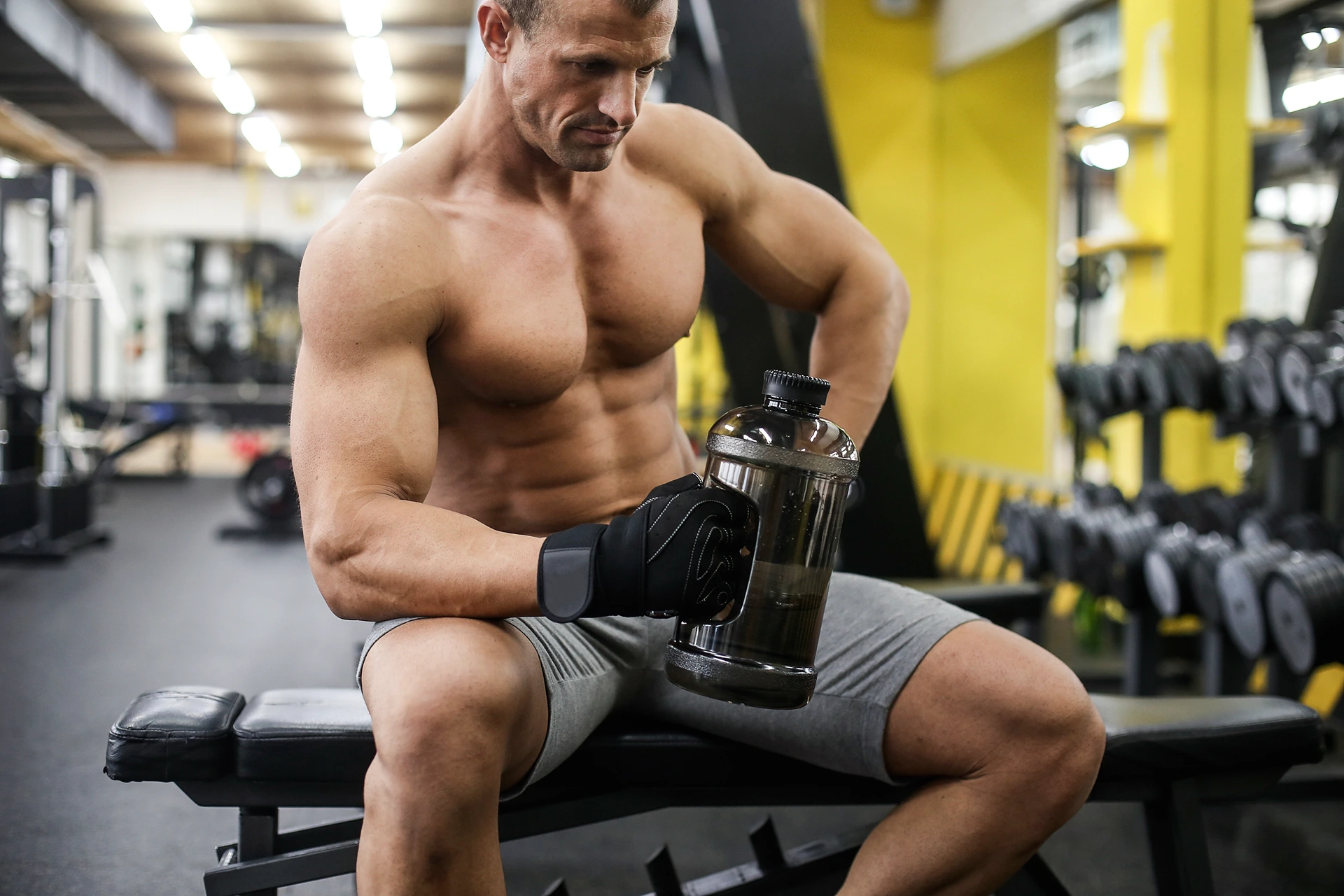How To Get On Testosterone For Bodybuilding
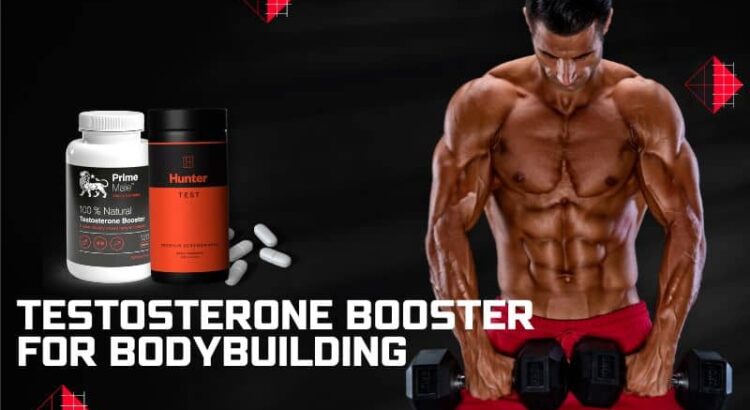
The pursuit of peak physical condition in bodybuilding often leads individuals to explore avenues that extend beyond natural training and diet. Among these, the use of testosterone, a primary male sex hormone, is a controversial yet prevalent topic. While it can drastically enhance muscle growth and strength, obtaining and using testosterone for bodybuilding purposes is fraught with legal, ethical, and health-related complexities.
This article aims to provide a comprehensive overview of how individuals attempt to access testosterone for bodybuilding, highlighting the legal pathways, the associated risks, and the importance of informed decision-making. It is crucial to emphasize that this information is presented for educational purposes only and does not endorse or encourage the illegal or unsupervised use of testosterone.
Understanding Testosterone and its Role
Testosterone is a naturally occurring hormone primarily produced in the testes in males and, in smaller amounts, in the ovaries in females. It plays a vital role in the development of male characteristics, including muscle mass, bone density, and libido. In bodybuilding, the appeal of testosterone lies in its anabolic properties, which promote protein synthesis and accelerate muscle growth.
However, artificially elevating testosterone levels can disrupt the body's natural hormonal balance, leading to a range of adverse effects. Therefore, it is crucial to understand the potential consequences before considering any form of testosterone supplementation.
Legal and Medical Pathways to Testosterone
The only legal and medically sound way to obtain testosterone is through a prescription from a licensed physician. This is typically reserved for individuals diagnosed with hypogonadism, a condition characterized by abnormally low testosterone levels. Symptoms of hypogonadism can include fatigue, decreased libido, erectile dysfunction, and loss of muscle mass.
A physician will conduct thorough medical evaluations, including blood tests, to determine if testosterone replacement therapy (TRT) is appropriate. If prescribed, testosterone is administered through various methods, including injections, gels, patches, and oral medications.
It is essential to emphasize that TRT is intended to restore testosterone levels to a normal physiological range, not to artificially elevate them beyond that point for bodybuilding purposes. Using testosterone without a legitimate medical need is considered abuse and carries significant health risks.
The Illicit Market: Risks and Consequences
Unfortunately, many individuals seeking testosterone for bodybuilding turn to the black market, where it is often sold illegally as anabolic steroids. These substances are typically sourced from unregulated manufacturers, posing serious health risks due to potential contamination, inaccurate dosages, and the presence of counterfeit products.
Using illegally obtained testosterone can lead to a wide range of adverse effects, including: Cardiovascular problems such as high blood pressure, increased risk of heart attack and stroke; Liver damage and dysfunction; Gynecomastia (enlargement of breast tissue in men); Prostate enlargement and increased risk of prostate cancer; Mood swings, aggression, and other psychological disturbances; Infertility and decreased sperm production; Acne and hair loss.
Moreover, the use of illegal anabolic steroids carries legal consequences, including fines and imprisonment. Purchasing or possessing these substances without a valid prescription is a violation of drug laws in most countries.
"Natural" Testosterone Boosters: A Closer Look
The market is flooded with "natural" testosterone boosters claiming to increase testosterone levels without the need for prescription medication. These supplements typically contain ingredients such as D-aspartic acid, tribulus terrestris, and fenugreek.
While some studies suggest that these ingredients may have a modest effect on testosterone levels in some individuals, the evidence is often inconclusive or weak. More importantly, the effects are generally far less pronounced than those achieved with prescription testosterone, making them unlikely to significantly impact muscle growth for bodybuilding purposes.
It is crucial to approach these products with skepticism and to consult with a healthcare professional before using them. Many supplements are poorly regulated, and their safety and efficacy are not always guaranteed.
Ethical Considerations in Bodybuilding
The use of performance-enhancing drugs (PEDs), including testosterone, raises ethical concerns in the context of bodybuilding. Many bodybuilding organizations prohibit the use of PEDs and conduct drug testing to ensure fair competition.
Using testosterone or other anabolic steroids can create an unfair advantage over natural athletes, undermining the principles of fair play and sportsmanship. Moreover, it can contribute to a culture of pressure and unrealistic expectations within the bodybuilding community.
Some argue that professional bodybuilding should embrace PED use openly, allowing athletes to compete on a level playing field while acknowledging the risks involved. However, this remains a contentious issue with strong arguments on both sides.
The Importance of Informed Decision-Making
Ultimately, the decision of whether or not to use testosterone for bodybuilding is a personal one. However, it is crucial to make this decision based on accurate information, a thorough understanding of the risks involved, and consultation with healthcare professionals.
Individuals considering testosterone supplementation should undergo a comprehensive medical evaluation to assess their overall health and hormone levels. They should also discuss the potential benefits and risks with a physician who can provide personalized guidance.
It is never advisable to self-prescribe or obtain testosterone from unregulated sources. Doing so can have devastating consequences for your health and well-being.
Looking Ahead: Future Trends in Testosterone Research
Research into testosterone and its effects on muscle growth, aging, and overall health is ongoing. Scientists are exploring new and safer ways to optimize testosterone levels, as well as developing more effective treatments for hypogonadism.
In the future, we may see the development of novel testosterone therapies with fewer side effects and improved efficacy. However, it is unlikely that a safe and legal alternative to prescription testosterone for bodybuilding purposes will emerge anytime soon.
For now, the responsible approach remains to prioritize natural training methods, proper nutrition, and adequate rest as the foundation for achieving your bodybuilding goals. If you suspect you have low testosterone levels, consult a healthcare professional to explore potential treatment options within a safe and legal framework.


